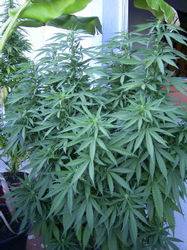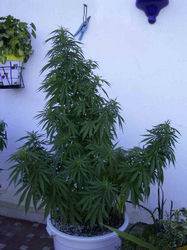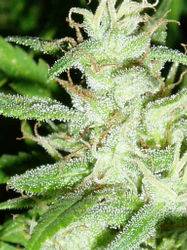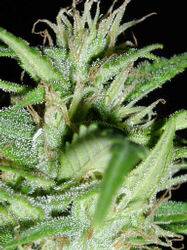C
charlie garcia
Nice info
Always found difficult to catalogue the Yunnan you talk Dubi as I also found hard to catalogue a Uzbekistan line we work here which goes up to 12-14 weeks in flowering and can stretch like a sativa in certain phenos. Agree may be in between 2 worlds like Sam says. Effect of Yunnan was to me more on the sativa side
Here some details of the Yunnan from Dubi.
best
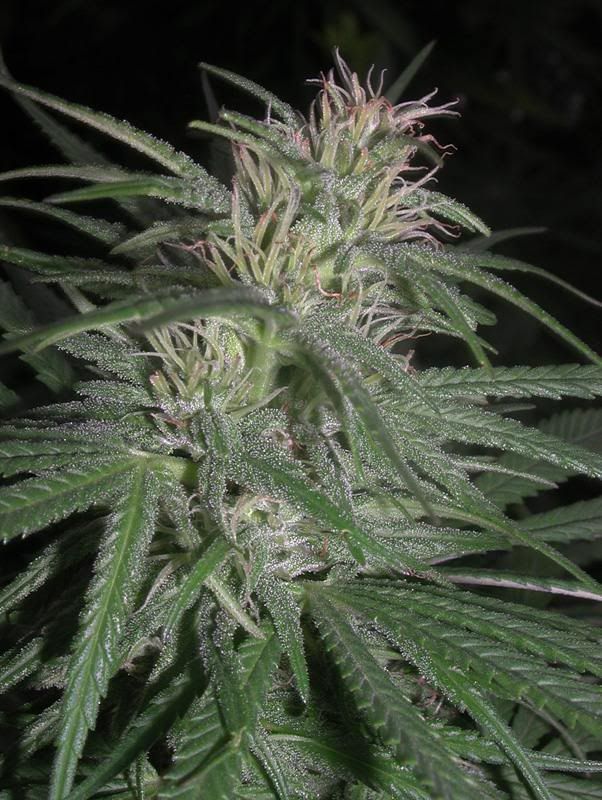
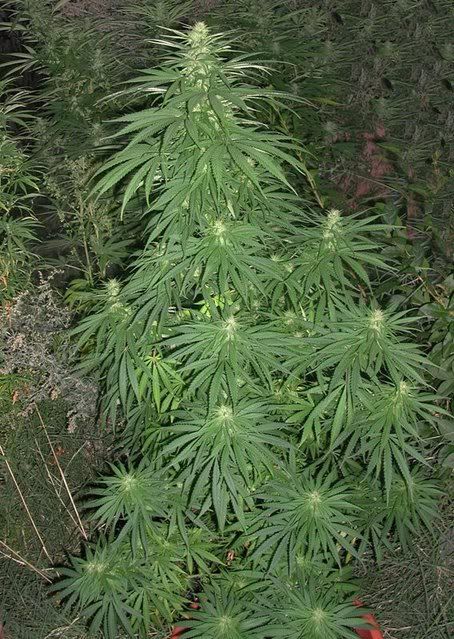
Always found difficult to catalogue the Yunnan you talk Dubi as I also found hard to catalogue a Uzbekistan line we work here which goes up to 12-14 weeks in flowering and can stretch like a sativa in certain phenos. Agree may be in between 2 worlds like Sam says. Effect of Yunnan was to me more on the sativa side
Here some details of the Yunnan from Dubi.
best



